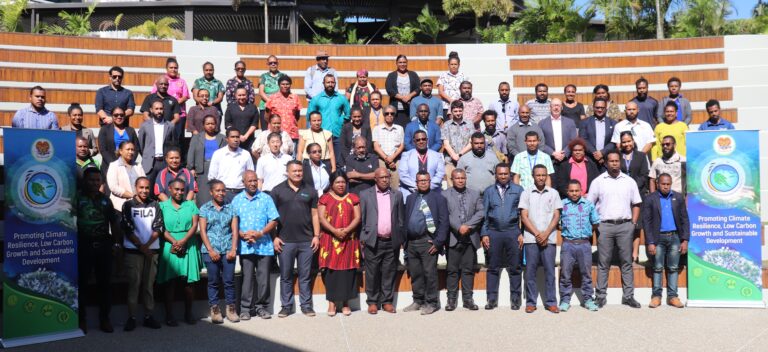Papua New Guinea has some of the largest areas of forest in the world, but measures to conserve the environment through the sale of carbon credits has been unfair for local land owners in the country.
Recent media reports and investigations have uncovered that most in rural areas in Papua New Guinea have little to no knowledge of the complexity of carbon credits and Carbon trading. In turn they are being taken advantage of by those in the business.
Debra Sungi, the acting General Manager Monitoring, Reporting and Verification (MRV) at the Climate Change Development Authority, says the absence of proper regulatory framework has allowed for the exploitation of landowners in rural Papua New Guinea.
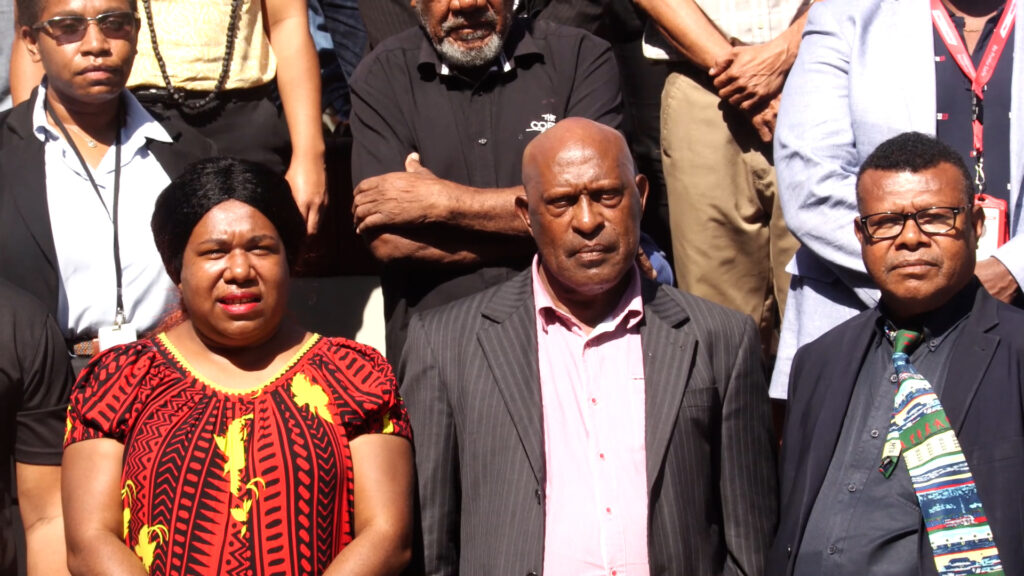
A moratorium on the PNG REDD+ Voluntary Carbon Market Project has the Climate Change Development Authority and stake holders pushing for the Climate Change (Management) (Carbon Market) Regulation 2023 to be approved by the Government.
The document was rigorously debated since 2022 and is the answer to the problem. It will aid in the process of carbon emissions trading in domestic and international approach. Guided by international rules under the Conference of Parties COP 26 Article 6.
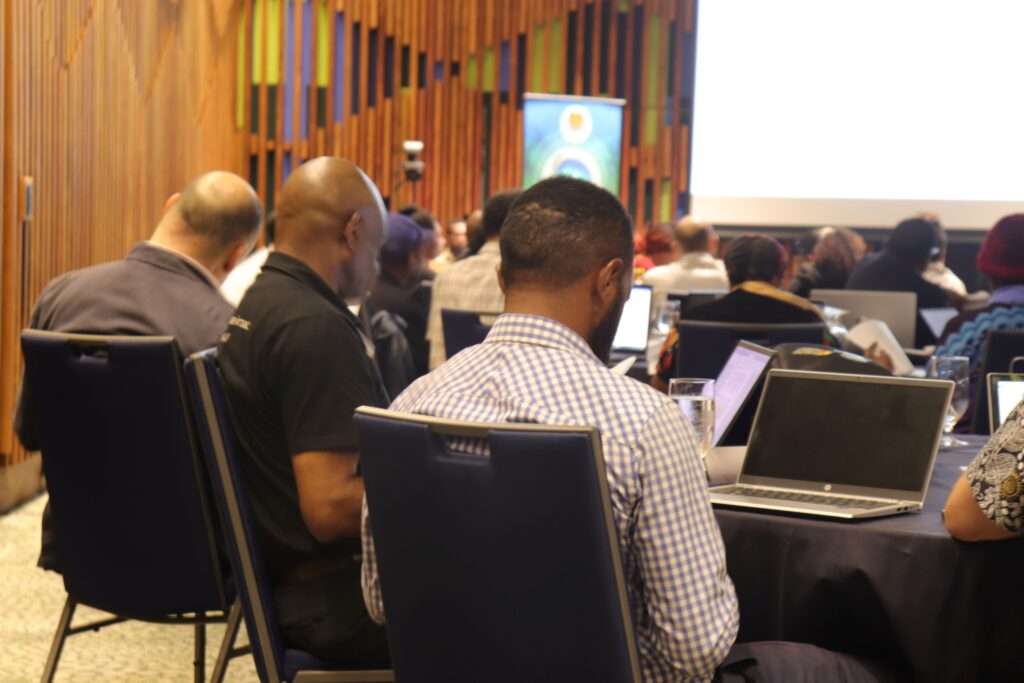
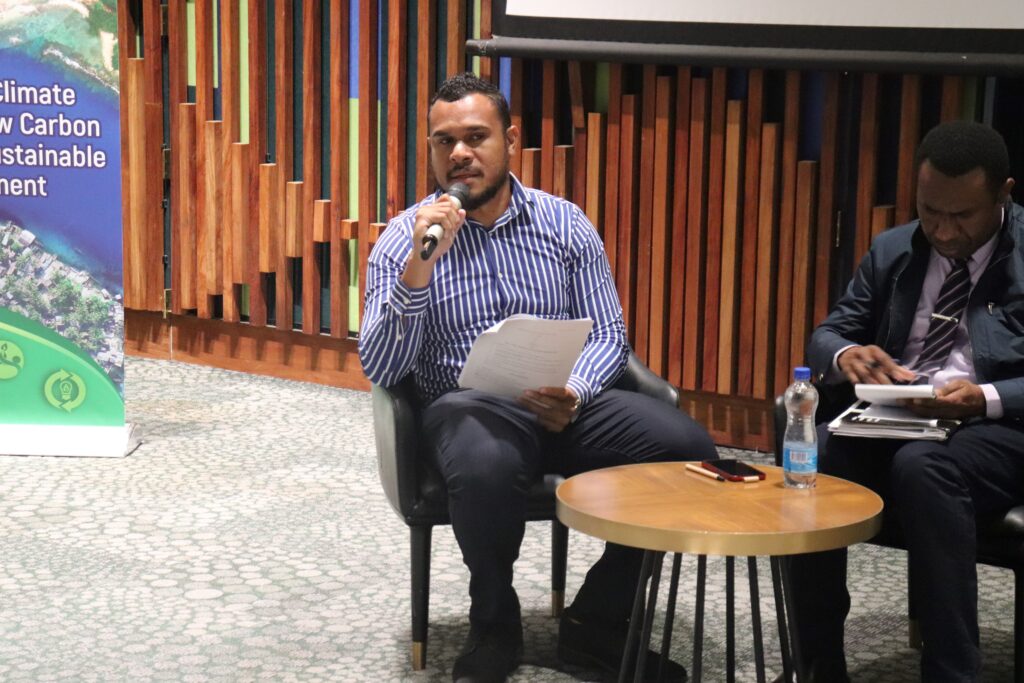
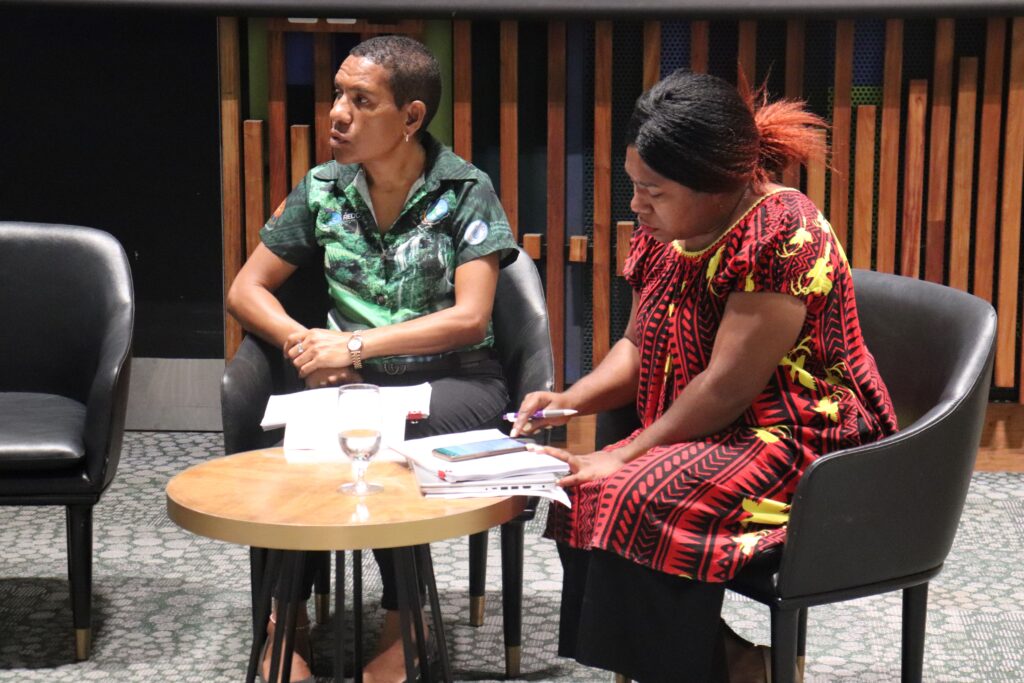
A stake holders meeting was held at the Hilton Hotel in Port Moresby on Friday to debate and present the final draft of the Climate Change (Management) (Carbon Markets) Regulation 2023. And also to Validate the Climate Change (Management) (Carbon Markets) Regulation 2023.
The amendment of the regulation has gone into the second stage and as the national designated authority responsible for Carbon Markets, CCDA is certain that the regulation will help make sure maximum benefit goes to the land owners.
Related: https://insidepng.com/research-and-conservation-of-pngs-biodiversity/

